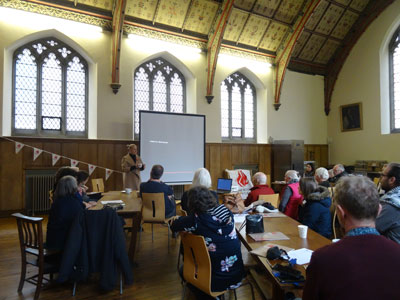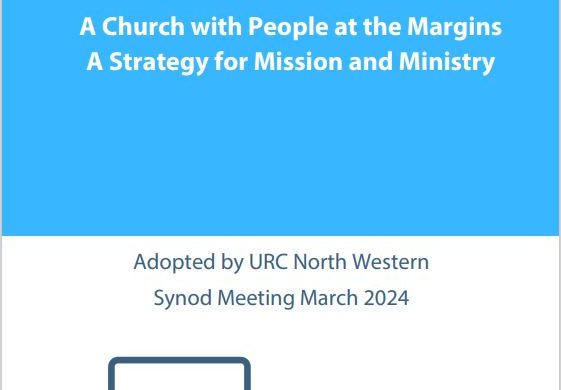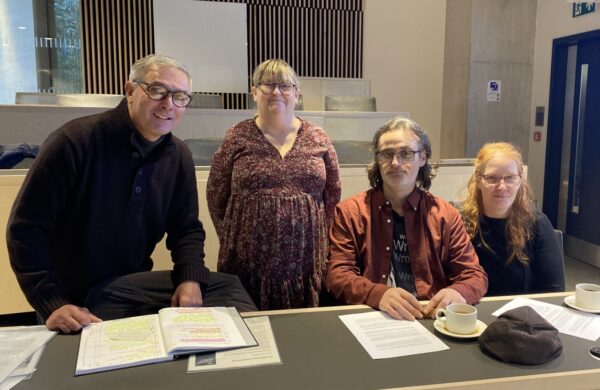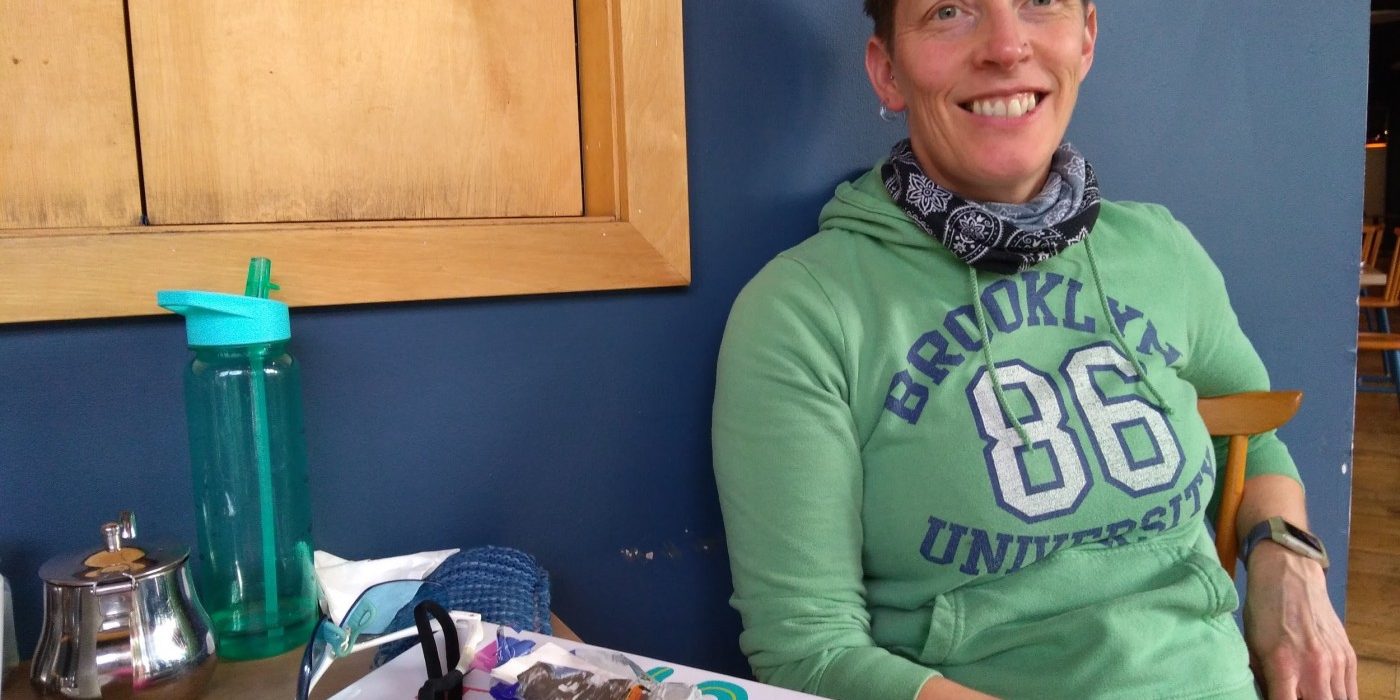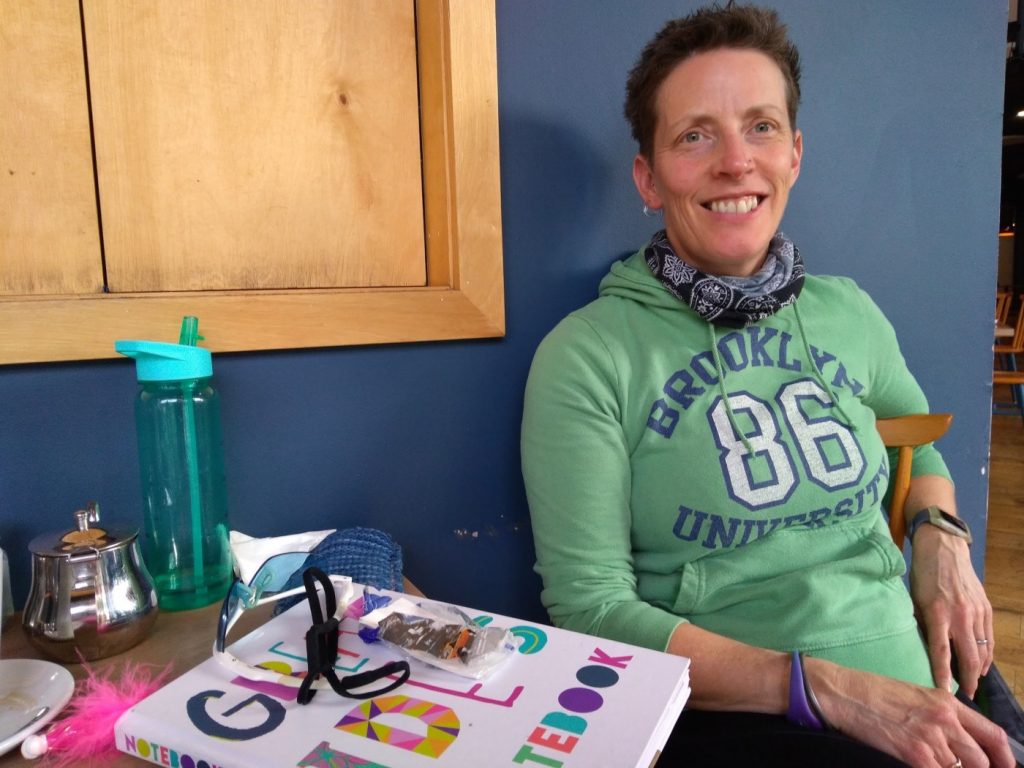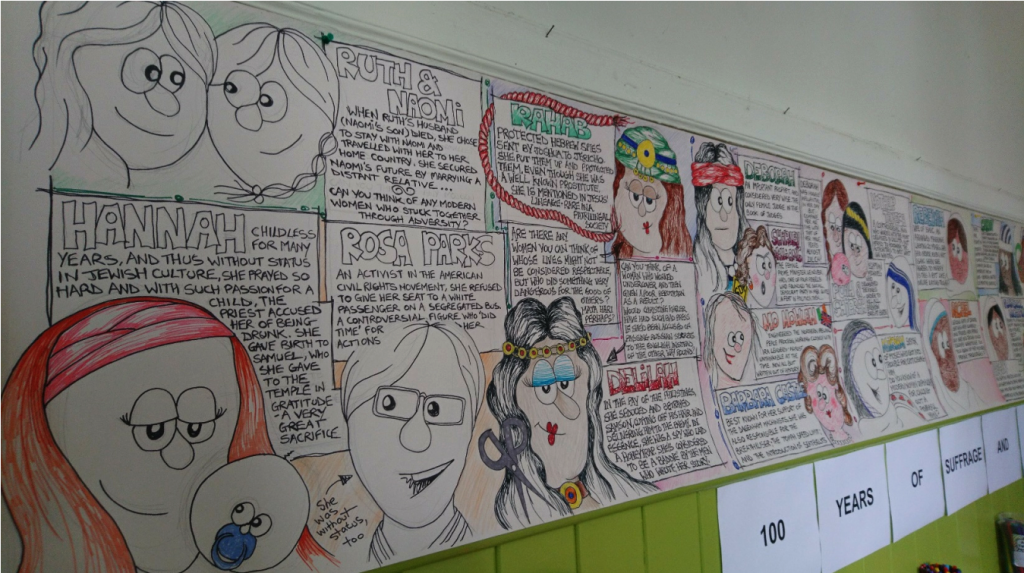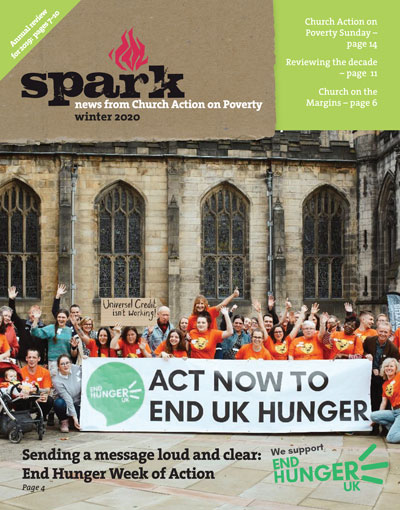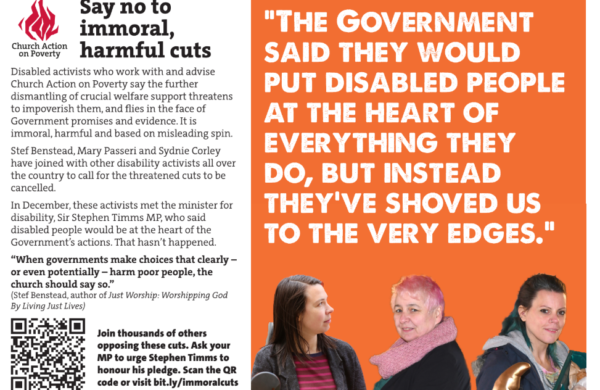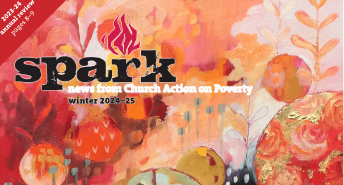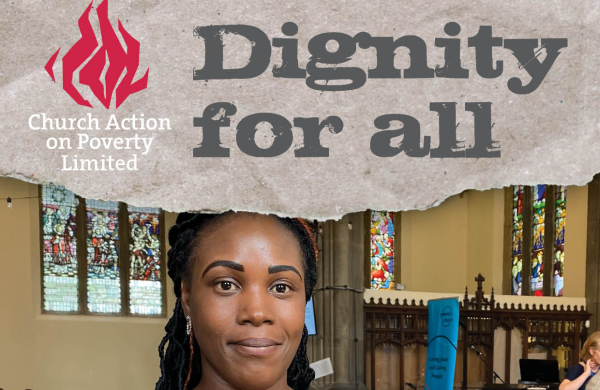Speaking Truth to Power is the theme for this year's Church Action on Poverty Sunday on 23 February.
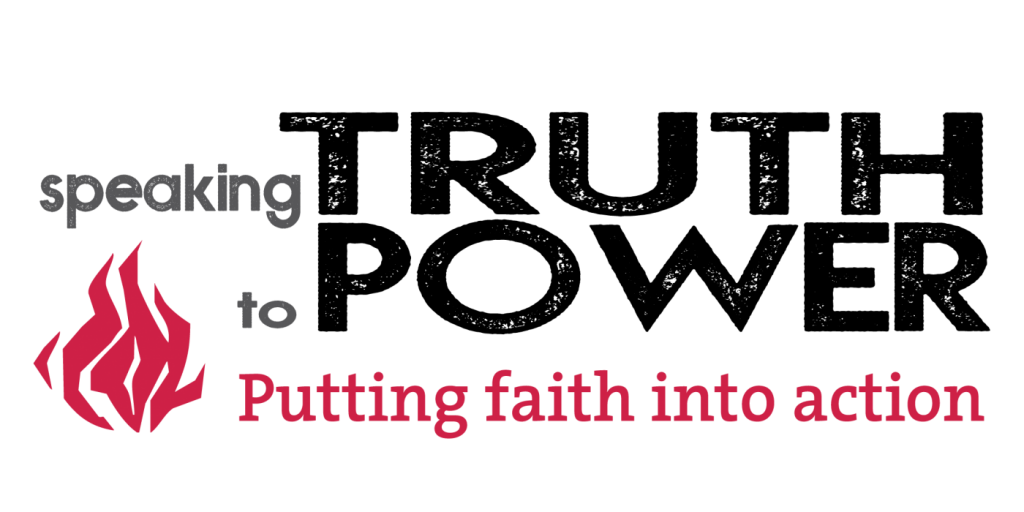
As Gateshead are leading the way with the launch of their Poverty Truth Commission on 5 March, Church Action on Poverty North East’s event will take place at:
St Peter’s Church, Low Fell
3pm
Sunday 23 February
This will be an opportunity to hear more about the Gateshead Poverty Truth Commission, as well as the first-hand experience of other local initiatives like Bensham Food Cooperative and Joe’s Place.
It will also be a chance to catch up on Church Action on Poverty news and the latest campaign action.
We hope you will be able to join us, and ask you to promote the event as widely as possible.
Sharing Power to Shape Mission
Learn about a new project that is happening in South Manchester in 2025.
Activists work to shape policies of the future
Change happens when people come together to make it happen. Activists with experience of poverty have been doing just that, with three UK universities. Members …
Are churches losing faith in low-income communities?
Broomhall Centre, Broomspring Lane, SheffieldThursday 29 May 2025, 7:30pm – 9:30pm Churches across Sheffield are being asked to take a long hard look at the …
Church Action On Poverty North East 2025 AGM
You’re invited to attend the AGM of our local group in the North East, with speaker Amanda Bailey, Director of the North East Child Poverty …
We’re listening!
Read some findings from our 2024 survey and in-depth conversations with partners and supporters.
Sharing Power to Shape Mission
Learn about a new project that is happening in South Manchester in 2025.
Activists work to shape policies of the future
Change happens when people come together to make it happen. Activists with experience of poverty have been doing just that, …
Are churches losing faith in low-income communities?
Broomhall Centre, Broomspring Lane, SheffieldThursday 29 May 2025, 7:30pm – 9:30pm Churches across Sheffield are being asked to take a …

